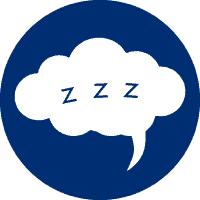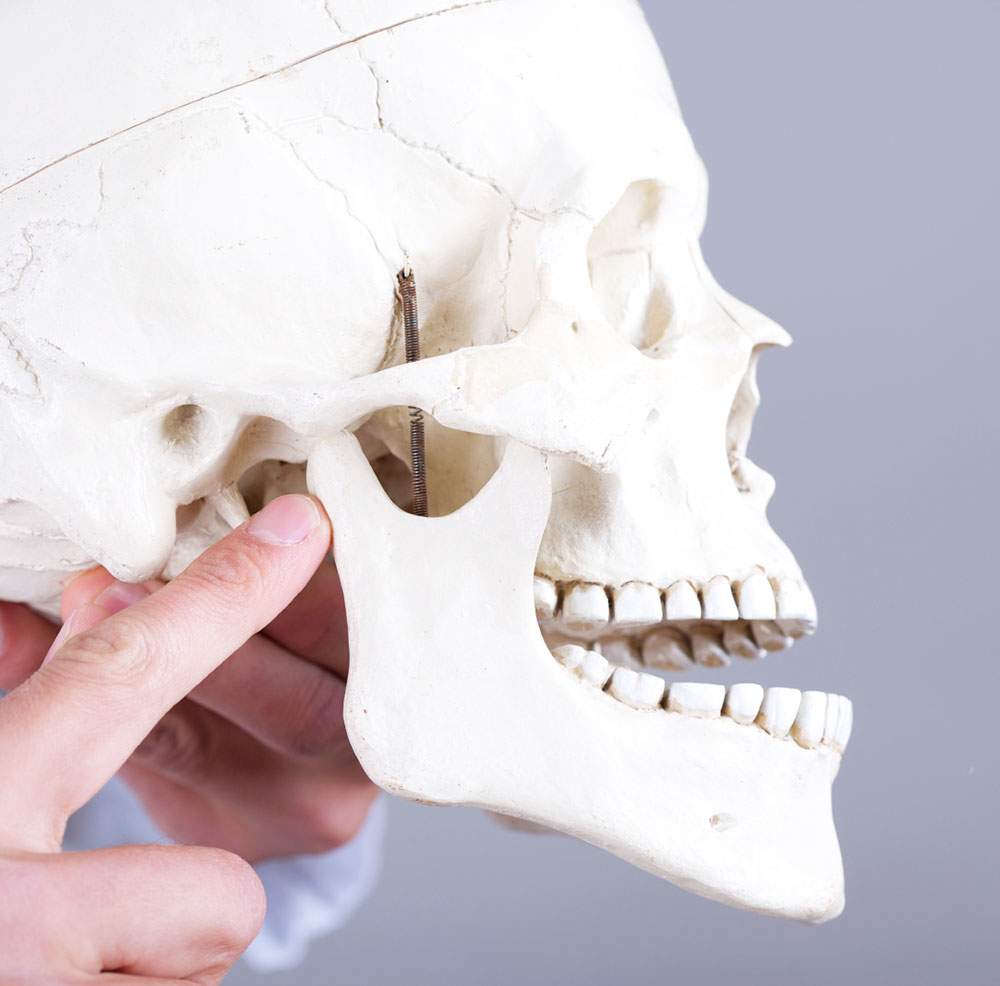

Temporomandibular joint disorder can be just a slight pain or discomfort or a life-altering condition.
In severe cases of TMD, simple life tasks like eating and talking become difficult and painful.
Imagine not being able to open your mouth wide enough to eat.
Sometimes simple home remedies can help but in severe cases of TMD, extensive TMD treatment is required.
Reasons to Choose Us

In Sydney CBD
clients think of us.


Convenience
Free-Parking
Location

Health Funds
Interest-Free

Advanced Technology with Compassionate Service.
Who Treats TMD?
Your dentist is the first person you would call if your are experiencing continuous pain in the jaw or have a popping jaw.
If your symptoms are limited to headaches or pain in the neck or shoulder region, you might only visit a general physician.
However, if the symptoms are severe and persistent, like the locking of jaw, one must seek help from an oral surgeon.
Oral and maxillofacial surgeons are experienced in handling and treating TMD disorders.
What Are the Treatments of TMJ?

Majority of TMD disorders do not require surgical treatments.
It is advisable to try the non-surgical treatments before resorting to surgical treatments that might cause post-surgery pain and permanent changes to jaw or teeth alignment.
1. Splinting
This treatment is for the jaw muscle pain and involves placing a plastic guard over the upper or lower teeth which allow the jaw muscles to relax.
The guard prevents clenching or grinding of teeth.
2. Physical Therapy
This involves therapy to relax the muscles and increase the range or jaw joint movement.
Physical therapy could involve biofeedback, stretching, and relaxing exercise or ultrasound treatments.
3. Drug Therapy
These include anti-inflammatory and muscle relaxing medications.
Surgery is recommended only if all other non-surgical treatments have been tried but the condition still persists.
Arthroscopy and Open Joint Surgery are the tow main options when it comes to surgical TMD Treatments.
1. Arthroscopy
During this surgery, the patient is under local anaesthesia and a small incision is made in front of the ear.
A thin instrument with a lens and light is inserted through which the surgeon examines the TMJ and surrounding region on a video screen and monitor.
Once the cause of TMD is diagnosed, the surgeon may either remove tissue or fix the condyle.
If needed, a second incision might be made to place small instruments.
2. Open Joint Surgery
In this surgery, the joint is operated on under direct vision through an incision made in front of the ear.
Open joint surgery will be suggested if:
- TMD cannot be treated with arthroscopy
- TMJ is degenerating
- Tumours in or around TMJ
3. Other Options
Other TMD treatment options include transcutaneous electrical nerve stimulation (TENS), ultrasound, trigger-point injection and acupuncture.

We stand for Expertise.
Experts at the Sydney Centre for TMJ and Sleep Therapy specialise in treating sleep disorders and TMJ disorder.
Contact us if you are suffering from any symptom and we will carry out an extensive physical examination to diagnose the disorder and draft a suitable treatment plan for you.
for more detailed information.
We are ready to assist you.




















